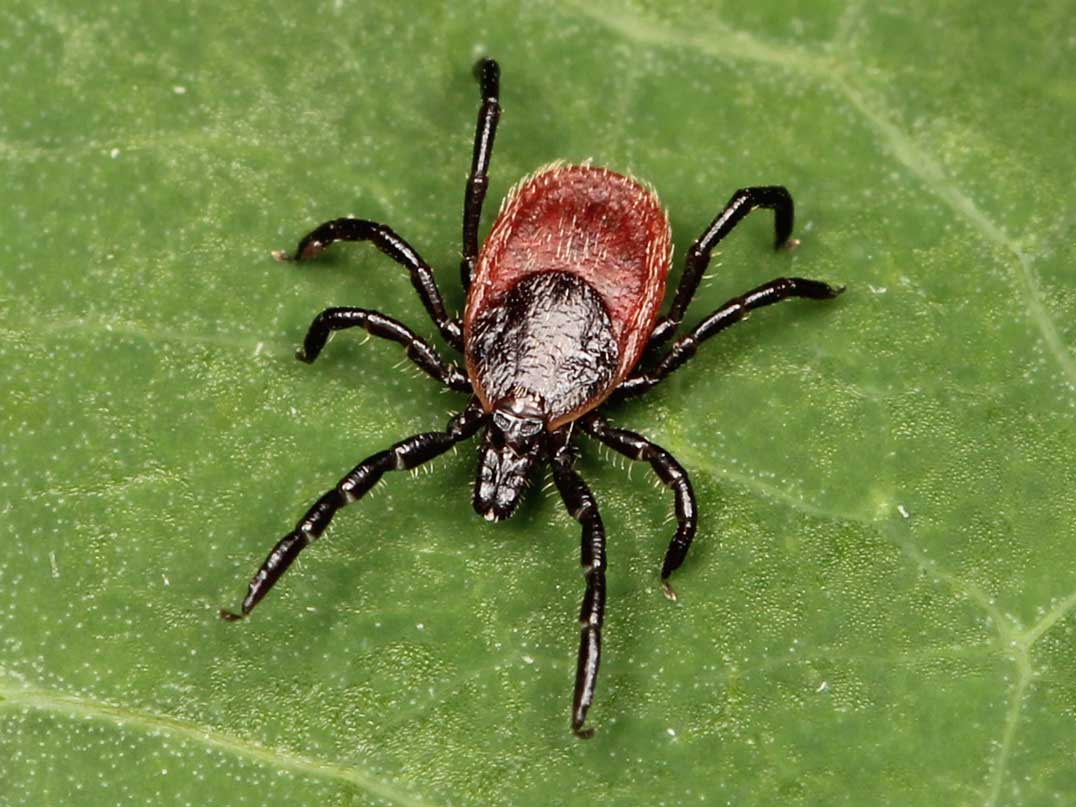Two blacklegged ticks that were found locally have tested positive for the bacteria that can cause Lyme disease. These are the second and third positive ticks reported in the Sudbury & District Health Unit’s service area this year.
Dr. Penny Sutcliffe, Sudbury & District Medical Officer of Health is reminding everyone of the importance of taking precautions to protect themselves and those in their care by:
- avoiding walking in tall grass and making sure yards are kept clear of debris and overgrown vegetation, grass, bushes, and trees
- keeping wood piles and bird feeders away from homes
- wearing a long-sleeved, light-coloured shirt, pants, and closed-toe shoes
- using insect repellents that are federally regulated and contain DEET, and by following the manufacturer’s instructions for their safe use
- checking your clothing, body, and pets for ticks and changing your clothing upon returning home from the outdoors
- taking a shower to help wash off ticks that have not yet attached themselves to the skin
If a tick is found embedded in the skin, you should use tweezers to remove it as soon as possible. Hold the tick gently with the tweezers, as close to its head as possible, and pull it out slowly. Afterwards, clean the skin area and apply a bandage if necessary. Place the tick in a container and give it to your health care provider or local health unit. They can send it to be tested for Lyme disease.
Ticks are most likely to transmit Lyme disease after being attached to the skin for more than 24 hours of feeding. One of the characteristic signs of the disease is a rash that looks like a bull’s eye: the bite area is surrounded by a round, red rash. Other symptoms of Lyme disease can include fever, headache, and muscle and joint pain. If left untreated, Lyme disease can cause serious problems to the heart, joints, and nervous system.
Speak to a health care provider if you have any symptoms of Lyme disease or have been in contact with a tick. Your health care provider will assess your signs, symptoms and laboratory results to determine if you need treatment. The most common treatment of Lyme disease is a course of antibiotics.
For more information on Lyme disease and blacklegged ticks, visit the Health Unit’s website at www.sdhu.com or call 705.522.9200, ext. 398, toll-free 1.866.522.9200.




